Short selling is one of the most popular ways to make money in the stock market. However, unlike simply buying a stock a short seller must do a couple of things differently. One of these is paying dividends to the original shareholder. Here is why that is.
Under normal circumstances, dividends are paid by the company to shareholders. However, when a person shorts a stock they borrow the stock from another person to sell to a third party. The original owner still gets their dividends but since they don’t have the stock in their portfolio it has to come from the short sellers.
That is the basic answer as to why short sellers have to pay dividends on their short position. Many people don’t know all of the risks that are involved with short selling. Here at ChronoHistoria, I teach people how to trade properly and make a consistent return year after year. Part of this is knowing how shorting works so you can use this tool to make a higher return.
Let’s jump right into it; here is why a short seller must pay the borrower dividends.
Understanding How Short Selling Works
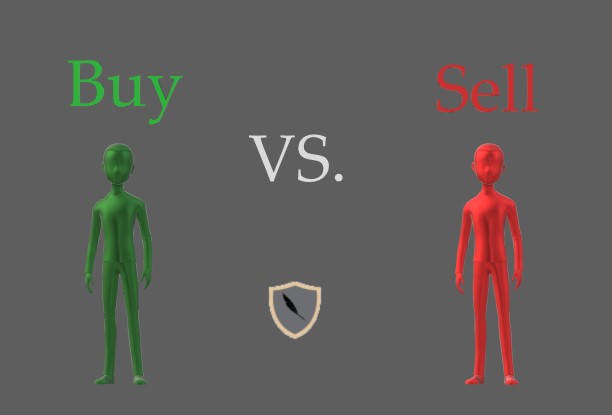
Understanding how short selling works is vital to understanding why the short seller must pay dividends on a stock. This is because a short seller must go into a negative position on a stock; allow me to explain.
There are 3 parts to short selling.
- The short seller takes out a negative position by borrowing shares from a shareholder
- The short seller then immediately sells them to another person in the market
- Eventually, the short seller must close their position by buying back the shares to return to the original owner.
First, the short seller takes out a negative position. Here the short seller must contact the initial owner of the stock and agree to borrow it from them. Normally your broker automatically clears this as it is normally in the original owner’s best financial interest.
Second, now that the short seller has borrowed the shares they immediately sell them to a buyer in the market. This leaves the short seller with a negative position on a stock. However, the original owner of the stock still has the contract obligating the short seller of giving them back their shares. This means that in the short seller’s portfolio there is a negative position.
Third, at some point in the future, the short seller will have to buy back the exact same amount of shares that were borrowed from the original owner. If the stock is worth less when the shares are bought back then the short seller will make money. This is because they went into a negative position when they sold the stock. When they rebuy it and it is a lower price then the short seller will make money off the spread between the two prices.
However, the most important thing to remember is that during this time when the short seller has a negative position in their account they have to pay dividends and distribution to the initial shareholder. This gets a lot of first-time short sellers into problems as they fail to calculate how much money they will have to pay to simply hold the negative position in their account.
But Why Do Short Sellers Have To Pay Dividends?
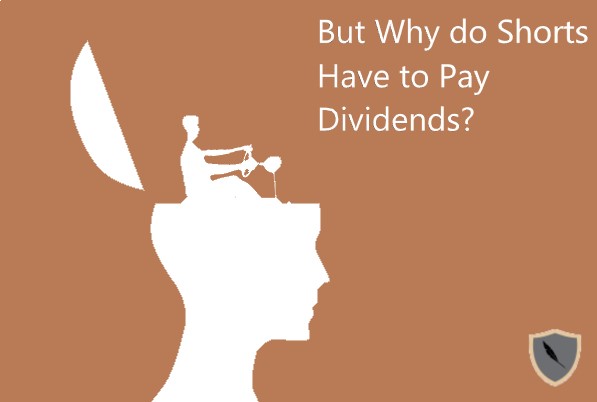
So why do shorts have to pay dividends then? Well, the answer comes down to the mechanics behind how borrowing shares to immediately sell works. Let’s compare this to borrowing a cow from a farmer.
Let’s say that you want to borrow a cow from a farmer to sell at the market but the farmer needs the cow’s milk to feed their family; the farmer does not care about the current price of the cow but want’s the milk. You agree to give the farmer the cow’s milk every week so long as he lets you have the cow now and return it later.
With a deal worked out between the farmer and you, it is possible for you to take the cow and sell it at the market and after a couple of days buy back the cow for a lower price to return it. By doing this you will make a nice profit but if the trade takes too long you will have to pay the farmer’s milk demand.
If you short a stock (cow) in the stock market you are obligated to give the original owner (farmer) the dividends (milk) for as long as you borrowed the asset. This is because the stock is not yours. Instead, you are borrowing it from the original owner to sell to another person. At some point, you will buy back the stock and return it to the original owner for a smaller price.
That is the basics of why short sellers have to pay dividends on a stock. You are mimicking the dividend payout to the original owner of the stock. So long as you owe the holder their stocks back you will have to continue paying out any distributions or dividends.
Is There A Way To Not Pay Dividends On A Shorted Stock
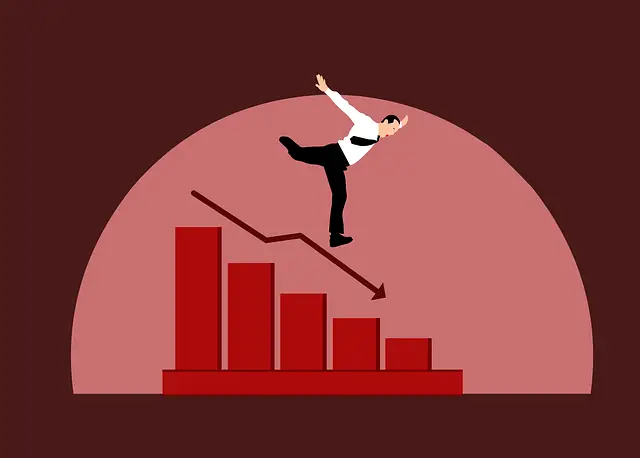
Ok, so you shorted a dividend-paying stock or ETF and got a notice that you will have to pay dividends or distributions to the initial shareholder. Naturally, this causes people to panic.
Don’t worry. There are two ways in which you can avoid paying out while shorting a stock.
- You can close the short position before the ex-dividend date
- You can buy another company that pays a dividend equal to the one you owe before the ex-dividend date.
First, the easiest way to prevent paying out dividends to the initial shareholder is to simply close the position before the ex-dividend date. The ex-dividend date is the last day on which a company includes new shareholders in their upcoming dividend payout. If you close your short position before this time then you will return the shares to the initial holder and not have to pay the dividend.
Second, let’s say you still believe in your short position and don’t want to close it down just yet but you also don’t want to pay dividends out of your pocket. Well, a lot of professional investors will find another company that pays out a similar dividend and invest in that company before the ex-dividend date. This means that you will get the dividends into your account and then pay them out to the shareholder of your short position. This will result in you having neither gained nor lost money from the dividend payout.
That’s really the only two ways to not pay dividends on a shorted stock for the average retail investor. When large hedge funds and institutional firms short stocks they can enter into arraignments to short a stock without paying dividends. However, the average retail investor/trader will not have enough buying power to engage in a contract like this.
Conclusion
There you have it; everything you need to know about why short sellers need to pay dividends. What it comes down to is that when you short a stock you will need to pay the original holder for every payout of the stock; this is because you simply borrowed it and did not buy it.
Here at ChronoHistoria, I teach people how to invest and trade properly. There are lots of sites out there and I am honored that you chose mine to learn investing at. If you liked this article then consider subscribing to the free newsletter and sharing around the web.
Further, you can check out some of the other articles below.
-
How Long Does a Short Squeeze Last? (3 Answers)
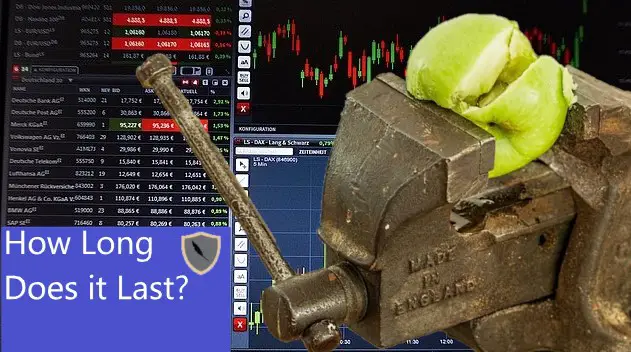
What is the time frame for you short squeeze? Well here is everything you will ever need to know to determine how long it will last.
-
Why You Still Own a Stock After It’s Delisted and How to Sell It
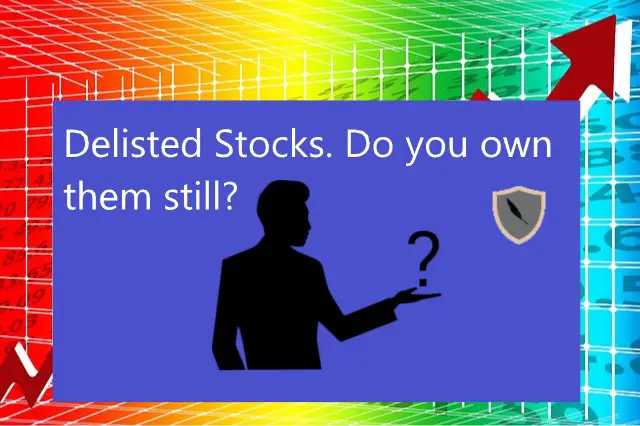
Do you still own a stock after its delisted? How do you sell it? Don’t worry the stock is still worth money and here is how to sell.
-
Can You Make 1% A Day in the Stock Market? (3 Steps)
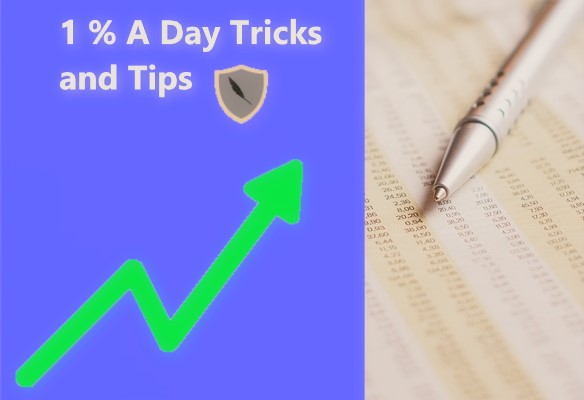
Making 1% a day in the stock market is hard but defiantly doable. Here are 3 simple steps to helping you achieve this return.

